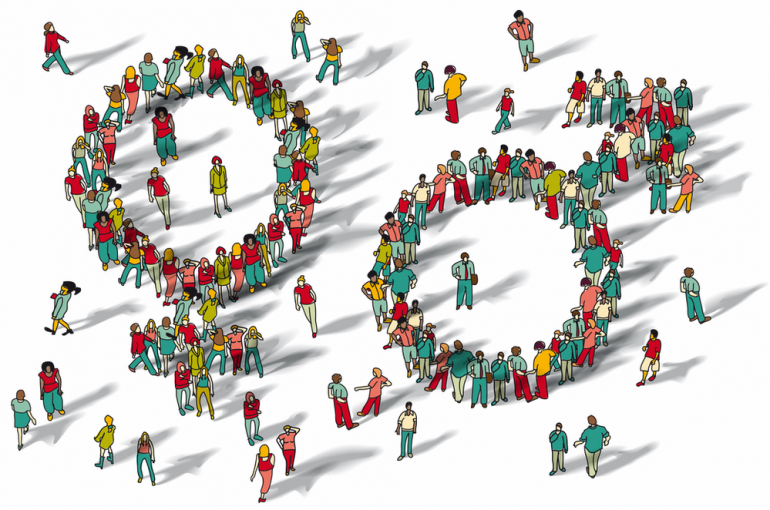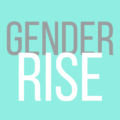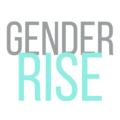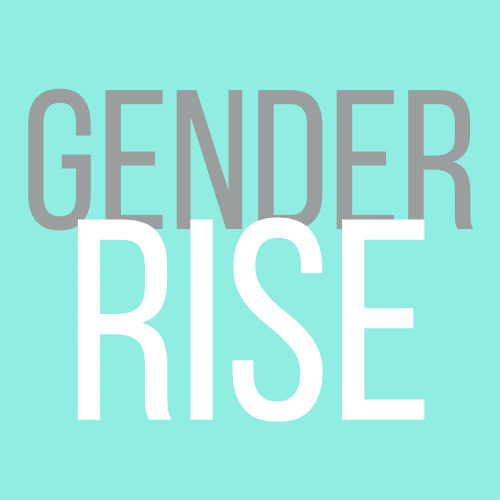Masculinity in the Workplace

Most times, when we talk about ‘gender’ in the workplace, we’re talking about women (and sometimes those in the LGBTI+ community). I have been part of many discussions on improving gender diversity in the workplace; these usually explore what stops women from achieving professional and financial equality; note that women have different needs and responsibilities than men; encourage organisations to be more attentive to their women employees; and make the case that gender equality is good for business (see McKinsey and Sodexo as recent examples). This agenda has proved valuable to an extent, but it is only a partial solution.
If we only identify the term ‘gender’ with women, we are missing out on the bigger picture. We need to discuss the gender group whose values are the ones that drive business, as well as many other aspects of social, financial and political life. It is time to talk about men, and it is time to talk about masculinity in the workplace.
First, it is important to understand that ‘masculinity’ is not the same thing as ‘men’, in the same way that a play is not the same thing as the actors who play in it. To put it plainly, gender is one of the organising elements of society. Society assigns to different gender groups (men, women) different roles that dictate our behaviour, appearance, what we should and should not do, and our expectations of ourselves and those around us. Since men have historically been more active in the public sphere it has been designed to fit their needs and lifestyle. Therefore, masculinity is often perceived as the normal, natural and right behavior, rather than an aspect of a gendered social structure.
Masculinity is generally driven by values such as competition, strength, rationality, assertiveness, emotional restraint, toughness and dominance. These ideals hold high value in our society and so anyone who demonstrates behaviours that supports these ideas, tends to gain social approval regardless of their gender identity (i.e. man, woman, transgender or non-binary). Unlike femininity, which is perceived to be innate, manhood is recognised as unsettled, meaning that it is not inborn, but must be proven and achieved.
As these values dominate society at large, they are also desired in the workplace. Applying a gender lens on the average job description demonstrates how most of the required skills and qualities stem from the above mentioned set of ‘masculine’ values. For example, ability to work under pressure, independence, fast learning, efficiency and excellence are all highly desirable qualities. The higher they progress up the ranks, the more one is required to demonstrate these traits.
Don’t get me wrong: standing alone, there is nothing wrong with these values and the behaviour they encourage. The problem arises when these values are separated from and elevated above other values which could prove just as beneficial—if not more so—to an organization, such as inclusivity, emotional intelligence, deep listening, self-reflection and self-care. Promoting masculinity creates an organisational culture that rewards those—mostly men, and some others—who have already been socialised toward this form of gendered behaviour. In turn, this often leads to businesses that are hierarchical, gender segregated, male dominated, and discriminatory. It is evident for example in gender pay gaps; low representation of women and gender minorities in high executive positions; discomfort amongst gender non-conforming people to openly express their identities and utilise their rights; and a disregarding approach towards men who choose to be equally involved parents.
These gender related issues are unsustainable; they put companies at risk of high turnover leading to the lost of valuable organisational memory and competitive edge and they also make businesses more vulnerable to lawsuits. With the recent UK gender pay gap reporting, the Time’s Up movement and the gender fluid Millennials establishing themselves in the job market as well as representing a bigger share as consumers, workplace gender diversity and equality is the way of the future.
How can businesses address excessive masculinity and gain the advantages a diverse workplace can bring, such as better decision making, greater employee satisfaction, and further economic growth? Gender Rise business consultancy can help your company incorporate a gender lens in executive decision making and HR processes. We will identify gender-related issues specific to your company and provide conceptual and legal tools and guidelines to create sustainable change. We can help you understand the immense value and business potential in gender inclusivity that will place your business ahead of the curve. Our society is moving forward. Will your business join the ride?



